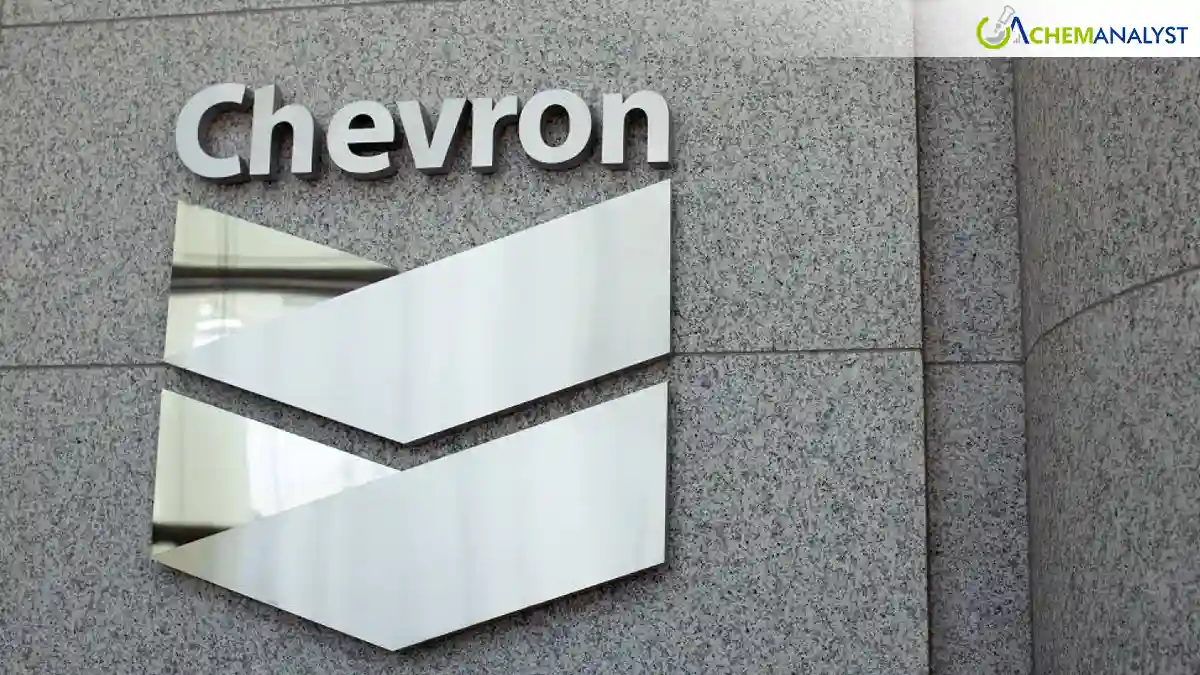Welcome To ChemAnalyst

Chevron and Israel launch Nitzana pipeline to Egypt, transporting Leviathan gas; Energean joins; project aligns with $35B export deal.
Chevron has entered into an agreement with Israel Natural Gas Lines (INGL), the state-owned pipeline operator, to initiate the construction of the Nitzana natural gas pipeline, designed to transport gas from Israel’s Leviathan gas field to Egypt. The announcement, made by the U.S.-based energy company on Tuesday, marks a significant step in regional energy cooperation and follows a major export agreement finalized last month.
The owners of the Leviathan gas field, located off Israel’s Mediterranean coast, had recently signed a $35 billion deal to supply natural gas to Egypt, underscoring the strategic importance of Israel’s offshore reserves in meeting the energy needs of the region. Leviathan, which is jointly owned by NewMed Energy, Chevron, and Ratio Energies, contains approximately 600 billion cubic meters of recoverable natural gas, making it one of the largest gas fields in the Eastern Mediterranean.
According to Chevron, the Nitzana pipeline is expected to transport around 600 million cubic feet of natural gas per day once construction is completed, which is projected to take roughly three years. This new pipeline, combined with existing infrastructure, will raise Israel’s total gas export capacity to Egypt to over 2.2 billion cubic feet per day. The pipeline route will play a crucial role in enhancing energy security and diversifying supply options for Egypt, which is increasingly reliant on imported gas to meet its growing domestic and industrial energy demand.
In addition to Chevron and Leviathan’s contribution, gas producer Energean has announced plans to transport up to 2 billion cubic meters of gas annually via the Nitzana pipeline from its Katlan field, also located offshore Israel. Production from the Katlan field is expected to commence in 2027, further increasing the volume of gas exported to Egypt and strengthening Israel’s position as a key energy supplier in the Eastern Mediterranean.
The announcement of the Nitzana pipeline project coincided with a separate international development. On the same day, a United Nations Commission of Inquiry released a report concluding that Israel had committed acts of genocide in Gaza. Israel strongly rejected the report, labeling the findings “scandalous” and “fake,” reflecting the ongoing tensions and differing narratives surrounding the Israeli-Palestinian conflict. While the UN report addresses serious humanitarian and legal concerns, the gas pipeline initiative highlights a contrasting sphere of regional collaboration and economic development.
Overall, the Nitzana pipeline project demonstrates the strategic collaboration between Israel and Egypt in the energy sector, involving multiple international players and substantial financial investment. Once operational, it will serve as a vital conduit for natural gas exports, bolster regional energy trade, and enhance energy security for both nations amid a complex geopolitical landscape.
We use cookies to deliver the best possible experience on our website. To learn more, visit our Privacy Policy. By continuing to use this site or by closing this box, you consent to our use of cookies. More info.
